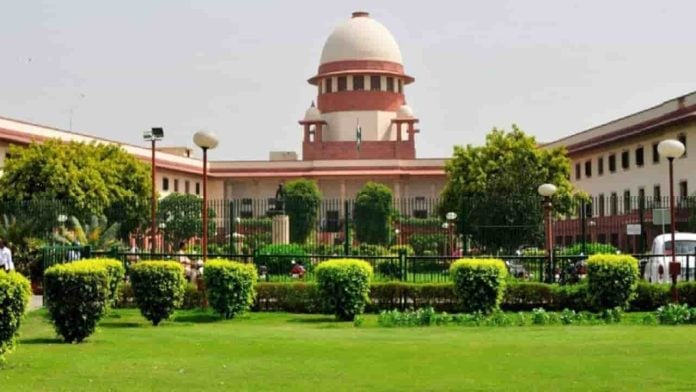The Supreme Court on Monday came down heavily on the government of Uttar Pradesh for challenging the Allahabad High Court verdict that directed the State to consider giving job to a family member of the Hathras gangrape and murder victim on compassionate grounds and relocation of the victim’s family from Hathras.
The Bench of Chief Justice of India (CJI) D.Y. Chandrachud, Justice P.S. Narasimha and Justice J.B. Pardiwala refused to entertain the special leave petition under Article 136 of the Constitution, stating that considering the special facts and circumstances of the present case, it was not inclined to hear the plea.
Appearing for the State of Uttar Pradesh, Additional Advocate General Garima Prashad apprised the top court of the country that the State was ready to relocate the family, however, they wanted to settle in either Noida, Ghaziabad or Delhi.
She further contended that the Apex Court should consider whether the elder married brother could be regarded as a ‘dependent’ of the victim.
While noting that a State should not come up in these matters, the Bench observed that since the facilities were provided to the family, it should not interfere with the same.
The AAG further requested the Apex Court to keep the question of law open, however, the Bench refused to pass an order over the same, taking in view the special facts and circumstances of the case.
The Uttar Pradesh government had challenged the order passed by the Division Bench of the High Court on July 26, 2022 in a suo motu case registered against the alleged murder and gangrape of a 19-year-old Dalit girl on September 14, 2020 by four upper caste men.
The High Court had ordered the State to consider giving employment to one of the family members of the victim under the state government or a government undertaking commensurating with the qualification possessed by them.
Taking in view the socio-economic backwardness of the family and rights granted by the SC/ST (Prevention of Atrocities) Act 1989, besides the Rules made thereunder, the Court came to the conclusion that the victim’s family had a legal basis for its claim of relocation and job.
The High Court had rejected the arguments put forward by the state that the provision of employment in such a case would violate Articles 14 and 16 of the Constitution on the grounds that the arguments did not have any constitutional and legal basis.


